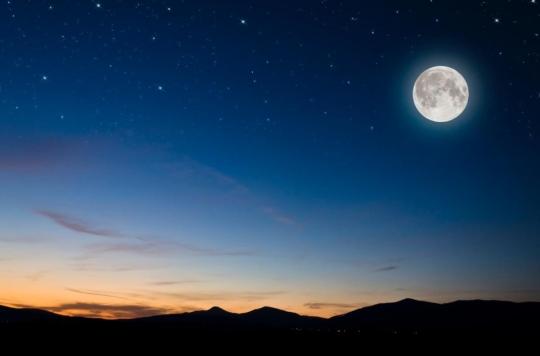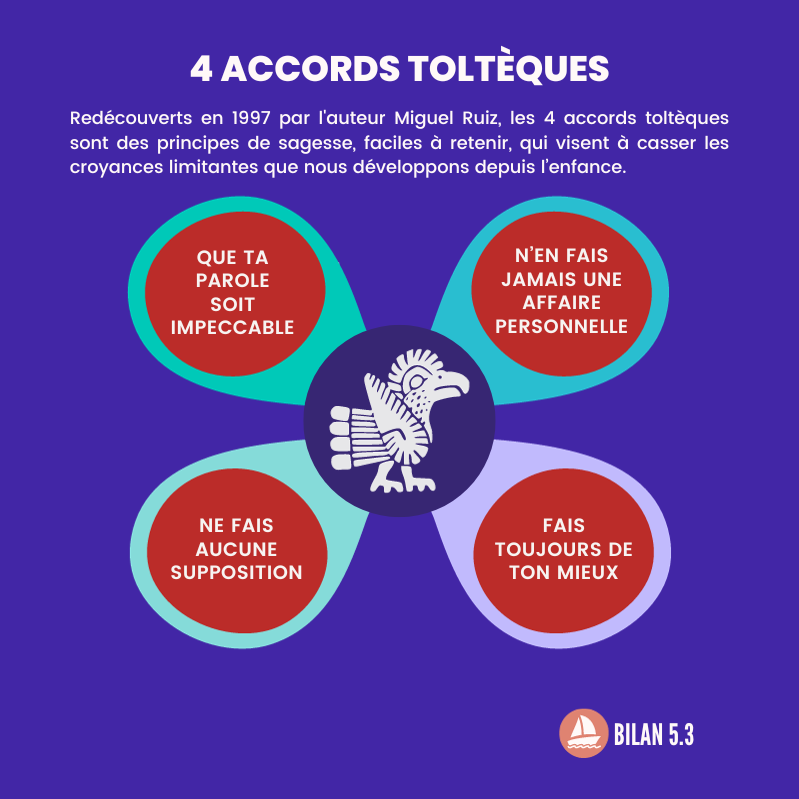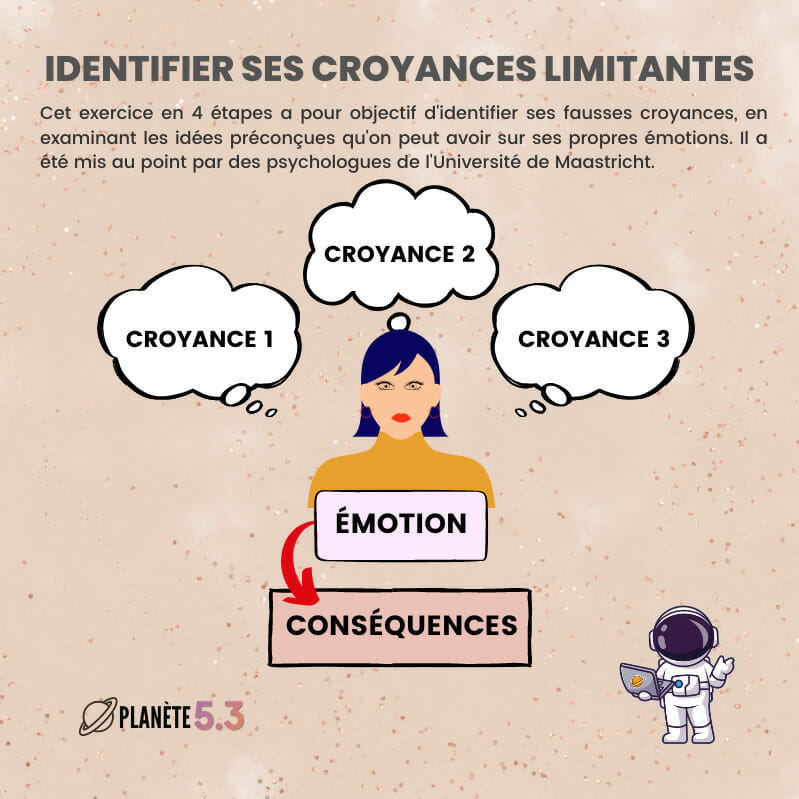Childbirth, gardening, sleep: the full moon is supposed to have a thousand and one effects on daily life and health. But not all of them are scientifically proven.

- There is approximately one full moon per month.
- It corresponds to the moment when the sun shines enough light on the Moon so that it can be fully distinguished from Earth.
- The effects associated with the full moon are generally based on the fact that the luminosity is stronger, and longer, on these days.
On June 24, the first full moon of summer rose. That “super strawberry moon” takes its name from its period of appearance: the Native Americans noticed that it coincided with the harvest of small red fruits. During the year, several other Full Moons punctuate the lunar calendar, and all have different names: the Corn Full Moon, the Beaver Full Moon, the Flower Full Moon or the Cold Full Moon. Many myths, legends and beliefs are associated with these natural phenomena. Science has proven that there are several benefits or harms associated with the Full Moon. , when others have no basis.
The full moon does not give birth
As the term approaches, some pregnant women place a lot of hope in the full moon: it would promote childbirth. Several statistical studies have shown a small difference between the number of deliveries on full moon days and the rest of the time. AT The Dispatch, Dominique Faurou, member of the council of the midwives of Haute-Garonne and midwife at the University Hospital of Toulouse, explains that there is no basis for this theory. “No scientific study has proven this.“, she says. According to her, these beliefs are based on the similarities between the lunar and menstrual cycles: the first last about 29 days, and the second about 28. A study recently published in Science Advances, researchers find that the female menstrual cycle is synchronized, at least in part, with the moon, but that this phenomenon disappears over time, in part due to exposure to artificial light at night. “We assume that in ancient times, human reproductive behaviors were synchronized with the moon.”they say.
A degraded sleep on full moon nights
One of the myths about the full moon is true: it interferes with sleep. In 2020, Swiss scientists demonstrated that on full moon evenings, deep sleep phases are reduced by 30%. All in all, we lose about 20 minutes of sleep on those nights. Another research has deciphered this phenomenon: the Moon radiates more in these moments, which makes us stay awake. Among populations without access to electricity, nights can be reduced by nearly an hour in the event of a full moon, compared to around 45 minutes for city dwellers.
Higher death rates?
When full, the moon would also affect the death rate. The first concerned would be motorcyclists: according to a Canadian study, published in the British Medical Journal, fatal motorcycle accidents increase by 5% on full moon evenings. This research is only observational, its authors did not seek the causes of this higher figure, but they nevertheless raise a hypothesis. The full moon could distract motorcyclists, who would then be less attentive to the road and their driving.
Stronger ties with nature?
The full moon is undeniably associated with a phenomenon: the tides. The latter are the result of the action of the moon and the sun. In biology and even for amateur gardeners, it is common to be interested in the lunar calendar. Depending on the position of the moon, it would be more judicious to make certain plantations. The principle of biodynamics is also partly based on lunar phenomena. But there are still too few scientific studies on these subjects. If since the dawn of time, Man has given the moon an important role, despite what science says, it is probably not ready to stop.
.















